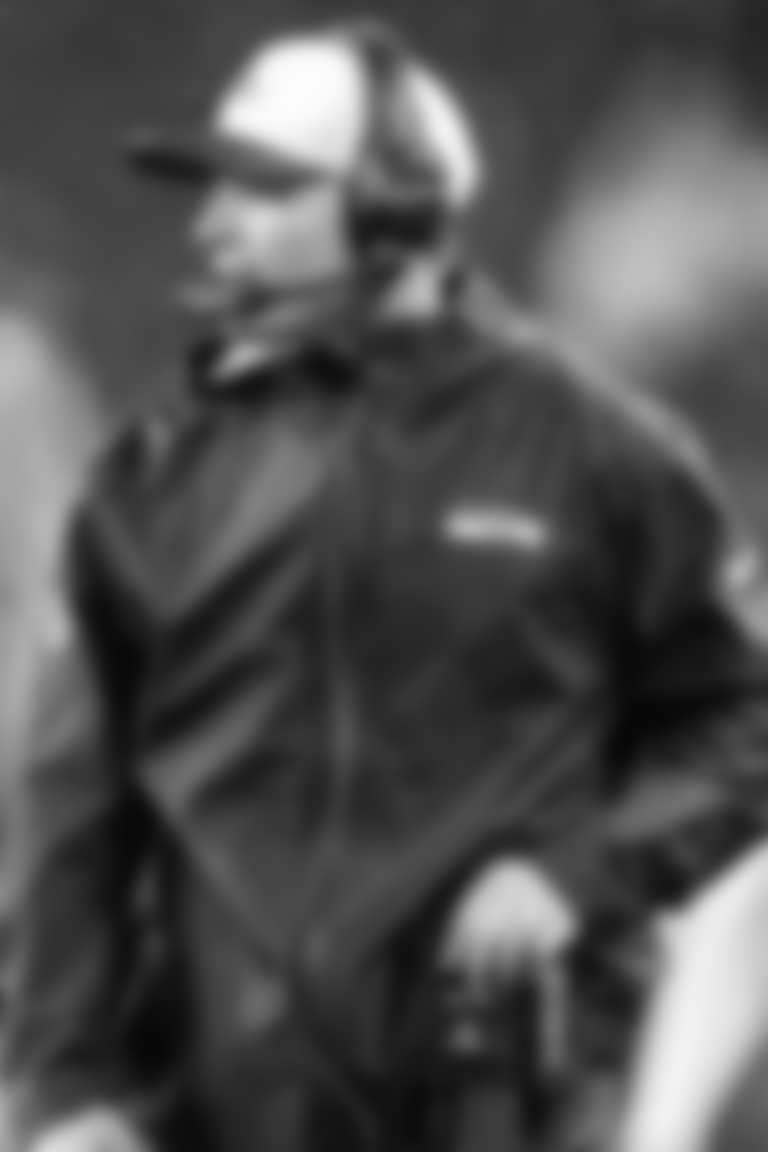Somewhere between becoming the head coach of the Seahawks and preparing for his second season in the job, Mike Macdonald recognized one way that the job had changed him.
His comfort zone shifted.
Macdonald is in a lot of ways the prototypical football nerd, a cerebral, defensive coach who quickly climbed the coaching ranks, from coaching high school freshmen while still a college student to grad assistant at Georgia to, eventually, an NFL assistant who became one of the league's most sought-after defensive minds, making him a top head coaching candidate at just 36 years old, with the Seahawks making him the NFL's youngest head coach last year.
Or as cornerback Devon Witherspoon put it last year, Macdonald is "Nerdy for sure, but in a good way though. That's what makes him who he is."
But the thing about being a football nerd who lives for studying Xs and Os, or for coming up with a diabolical scheme to fluster the NFL's best offenses, is that, as a head coach, you have to take on a lot more than just the actual preparing for and calling of a football game. Being an NFL head coach requires so much more than just football acumen, it requires elite leadership, culture building and problem solving, among other challenges. Macdonald was well aware of that when he took the job, he just wasn't sure how that transition would go for someone who is far more comfortable in the film room than he is in front of a camera.
But what Macdonald came to realize as he transitioned from his first year on the job, a 10-7 campaign that saw him become the winningest first-year coach in franchise history, to his second season, is that all those big-picture things that come with being a head coach have become an important piece of why he loves the job. Yes, Macdonald still loves being alone in his office with a tablet, scheming up plays for defensive playmakers like Witherspoon or versatile rookie safety Nick Emmanwori, but Macdonald also loves it when those players show up uninvited to his office for a chat, be it about football or about life.
Those offseason days when players are out of the building can be a very productive time for coaches, but they also became, as Macdonald put it, miserable as he realized how much he has taken to being a leader of a team rather than a defensive guru who spent all his time focused on one side of the ball.
"It's something that you're aware is going to happen when this role comes alive," Macdonald said of taking on the big-picture challenges that comes with the move from coordinator to head coach. "When football is your comfort zone, and sometimes you're out of your comfort zone, that's when it's challenging, when you have to go through those other things to get to the football. I think now, doing the head coaching thing is clear, it's fun. It's fun to work with the people in the building every day and the players. And I enjoy doing that stuff. I enjoy the logistics, I enjoy the team meetings. That stuff is a lot of fun to me, because we're with the guys. We love these guys. In the offseason when they're not here, it's miserable. It's almost flipped."
























































































































